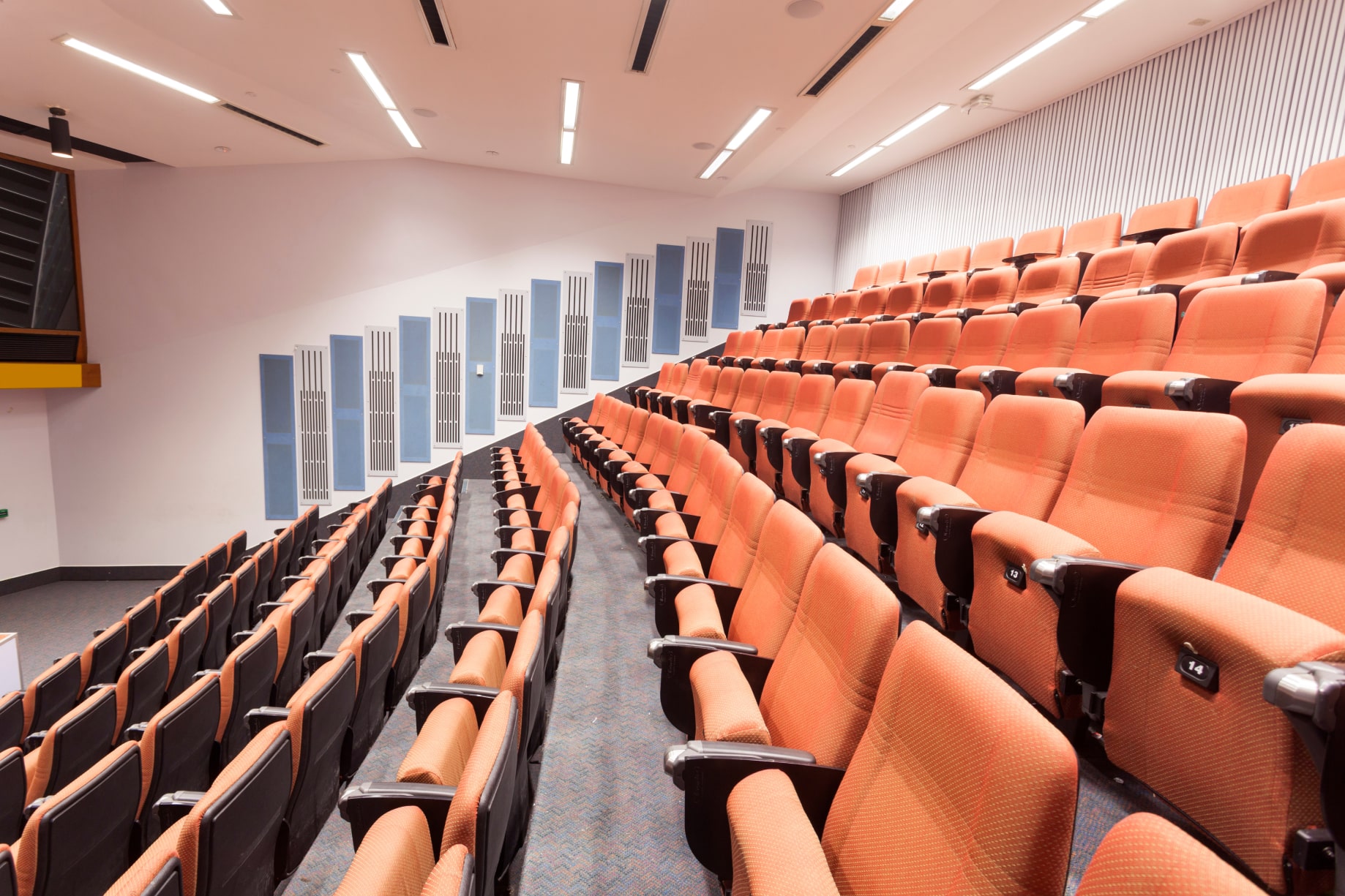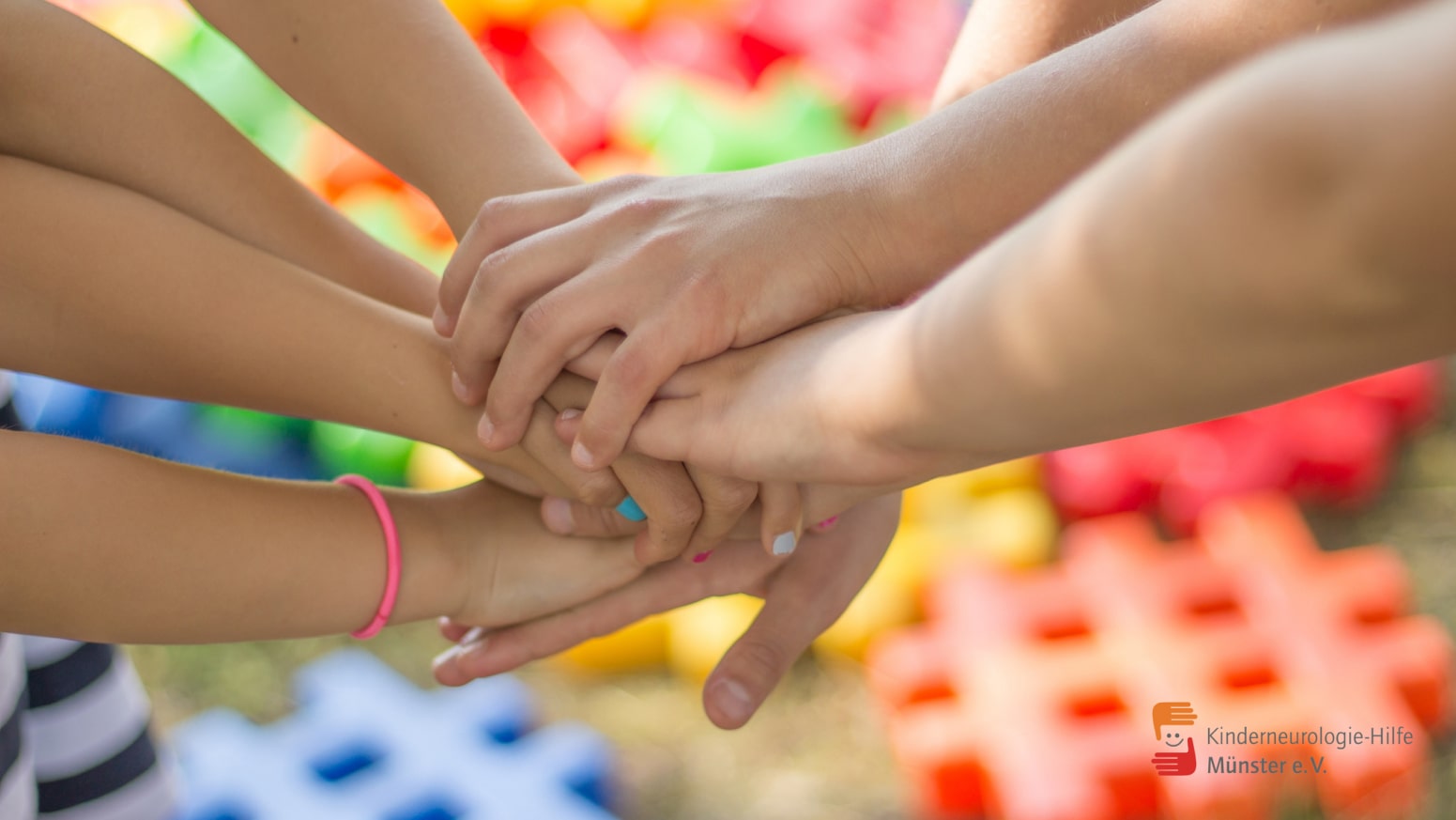To kick of digital co-creation between higher education institutions (HEIs), NGOs and citizens in the right way, it is beneficial to first create some awareness on the stages a co-creation project can go through.
Project Start
This stage comprises of the creation of a project team to encounter a selected challenge. Gathering the right competencies in a team is crucial to ensure the viability of the results and the success of the collaboration. The team members start by specifying the research objectives and societal questions they aim to solve as well as creating the necessary methodological framework for the collaboration.
Project Implementation
Once the project is set up, the “real” co-creation starts. This stage aims at the generation of knowledge through integrative, (scientific) methods. Thereby, possible solutions to the challenge are developed and tested.
Project End
In this stage the re-integration of the acquired knowledge in the societal context takes place. Project results are processed in such a way that they can benefit society as well as academia.

Throughout these project stages, the character of collaboration as well as the set of people involved varies. To ensure that the project can proceed in the best way possible – regardless of any geographical distances – different digital collaboration methods and platforms can be used. Further, the team may – or may not – encounter transfer barriers that hinder the progress of the project, but which can be overcome through the right methods. To give some inspiration, we gathered some case studies which serve as good practice examples of what digital co-creation can look like in diverse context.
Looking for the right method for your needs? Check out our CoCreAid Toolbox. It will guide you to the right tools and methods for your needs!




